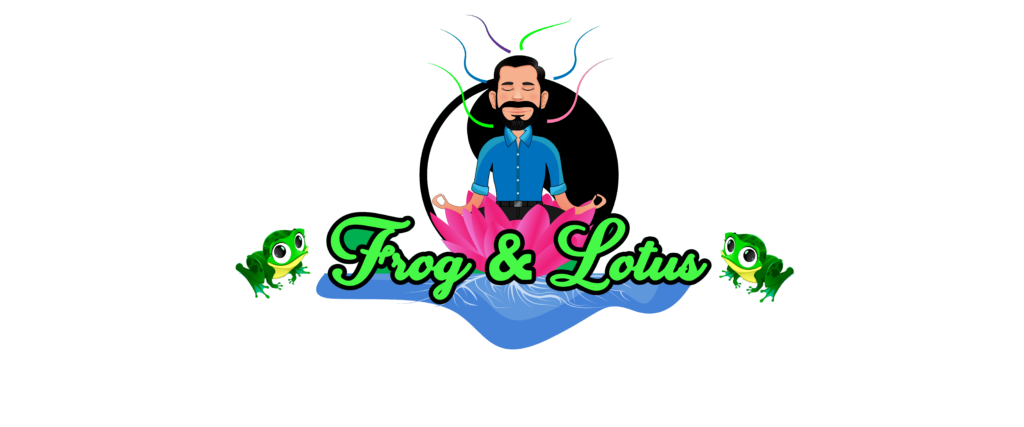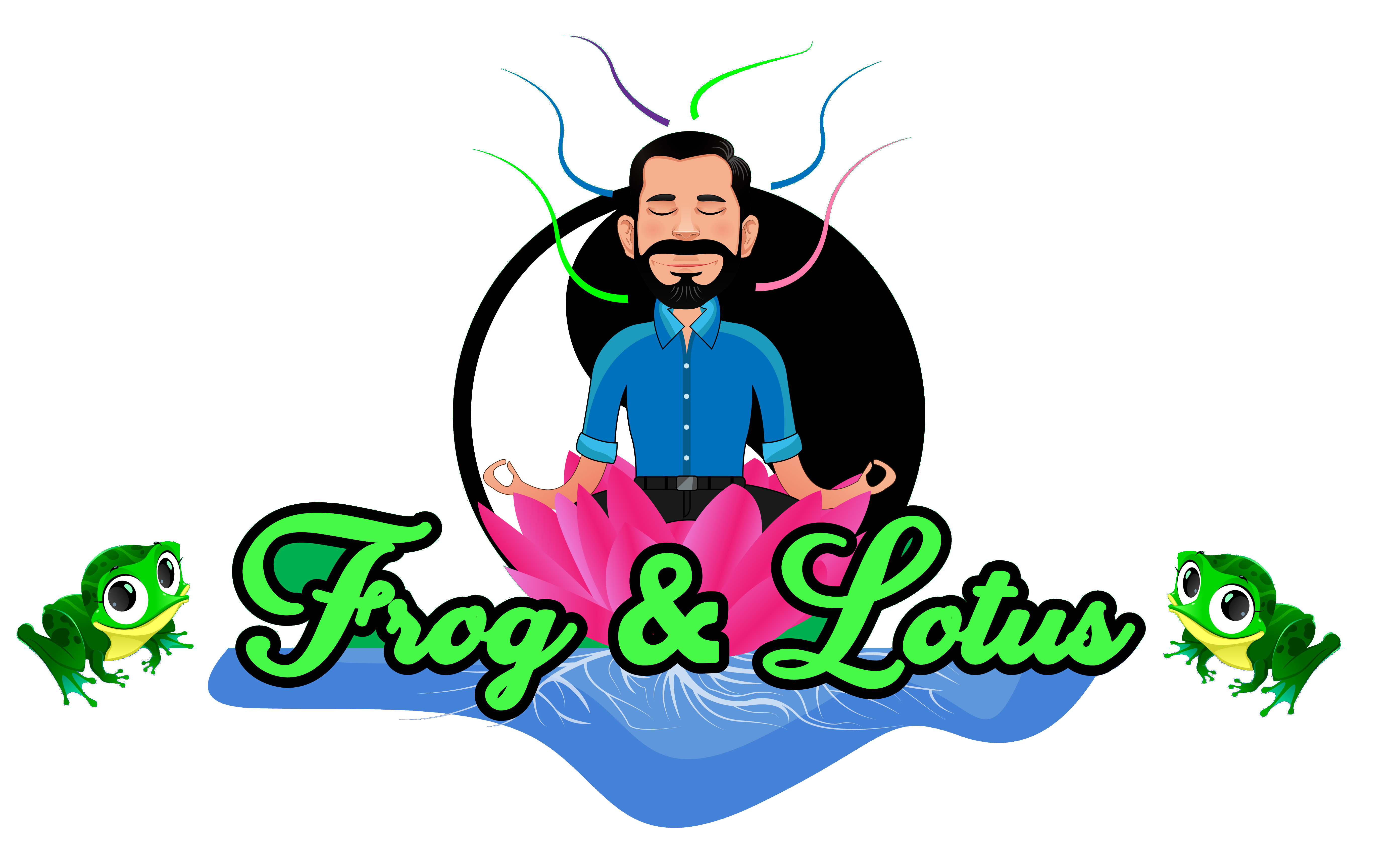I have a strong affinity for the word synchronicity. Perhaps it is because as I get older it seems to happen more often. The famous psychiatrist, Carl Jung, claims to have coined the term. (In a footnote in, “On the Nature of the Pysche,”* he actually says he is to blame for the word, as if he regrets it.) The Oxford Languages definition of synchronicity via a quick Google search is, “the simultaneous occurrence of events which appear significantly related but have no discernable causal connection.”
Is synchronicity when you think of someone and they happen to call you later that day? Or perhaps you read about something obscure during quiet time only to encounter someone that brings up the same topic during conversation later? Is it synchronicity that I’ve been thinking about writing a blog post about synchronicity, only to discover in my journal from last year at this time that I had written about it? There is something whimsical about these situations that causes us to feel a sense of wonder when they occur. And we chalk it up to the old saying that, “everything happens for a reason.”
Carl Jung writes (and I paraphrase):
“Synchronicity is the not uncommonly observed coincidence of subjective and objective happenings, which just cannot be explained causally, at least in the present state of our knowledge. On this premise astrology is based. These observations, like the astrological findings, are not generally accepted, though as we know this has never hurt the facts. I mentioned these special effects solely for the sake of completeness and solely for the benefit of those readers who have had occasion to convince themselves of the reality of parapsychic phenomenon.” On the Nature of the Psyche, p96n
In this description he explains that some coincidences cannot be explained in the present state of our knowledge. I love how he uses the analogy of astrology here. There are some that believe and rely on astrological guidance and there are those who think of it as hocus pocus.
Jung continues:
“Resistance to the recognition of such facts rests principally on the repugnance people feel for an allegedly “supernatural” faculty tacked on to the psyche, like clairvoyance….. As soon as psychic content crosses the threshold of consciousness, the synchronistic marginal phenomena disappear, time and space resume their accustomed sway, and consciousness is once more isolated in its subjectivity…. When an unconscious content passes over into consciousness its synchronistic manifestation ceases; Conversely, synchronistic phenomena can be evoked by putting the subject into an unconscious state.” On the Nature of the Psyche, p129
Here Jung explains that when the cause for a supposed synchronicity becomes consciously recognized, the ordeal loses its magic and whimsy. Once we understand why a thing happened, it no longer seems out of the ordinary. Are the workings of the supernatural, clairvoyance, and astrology simply just examples of synchronicity? In the spirit of oneness, perhaps we should return to Joseph Campbell’s wisdom when he said, “Those who think they know, don’t know. And those who know they don’t know, know.”
(NOTE: I smiled my way through the entire writing of this post. Possibility does that for me.)
* References to On The Nature of the Pysche from The Basic Writings of C.G. Jung published by Modern Library.
Photo by Alexander Schimmeck on Unsplash


